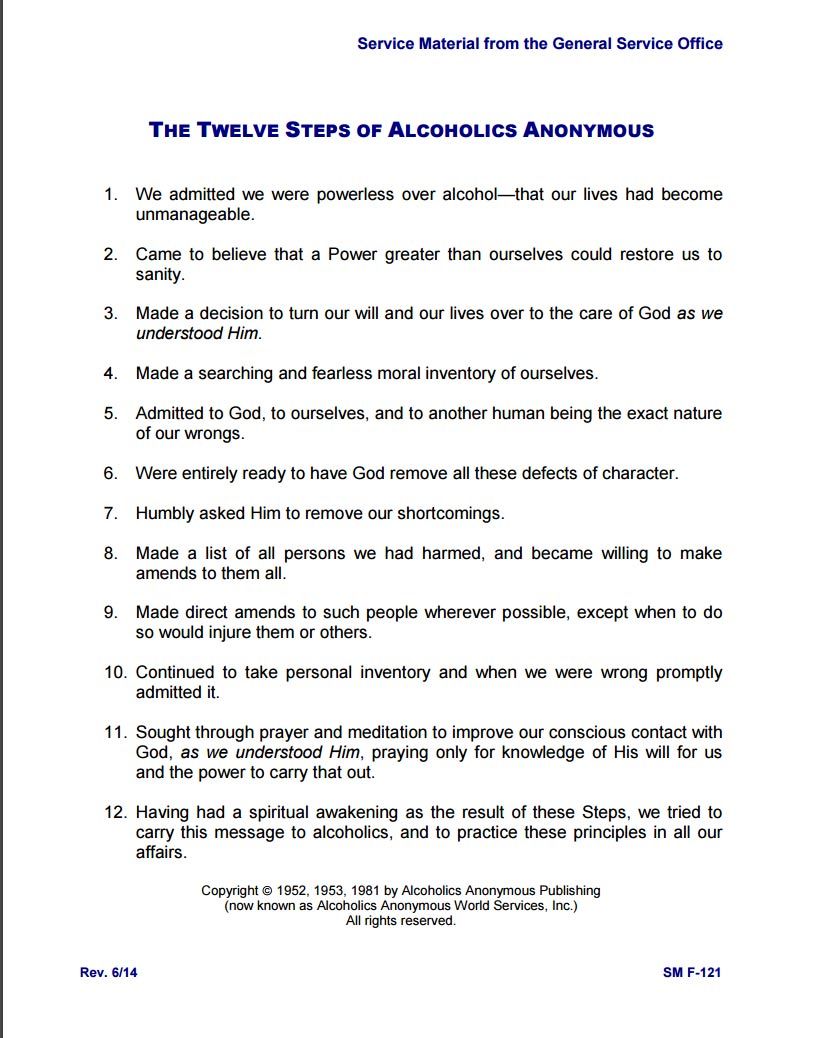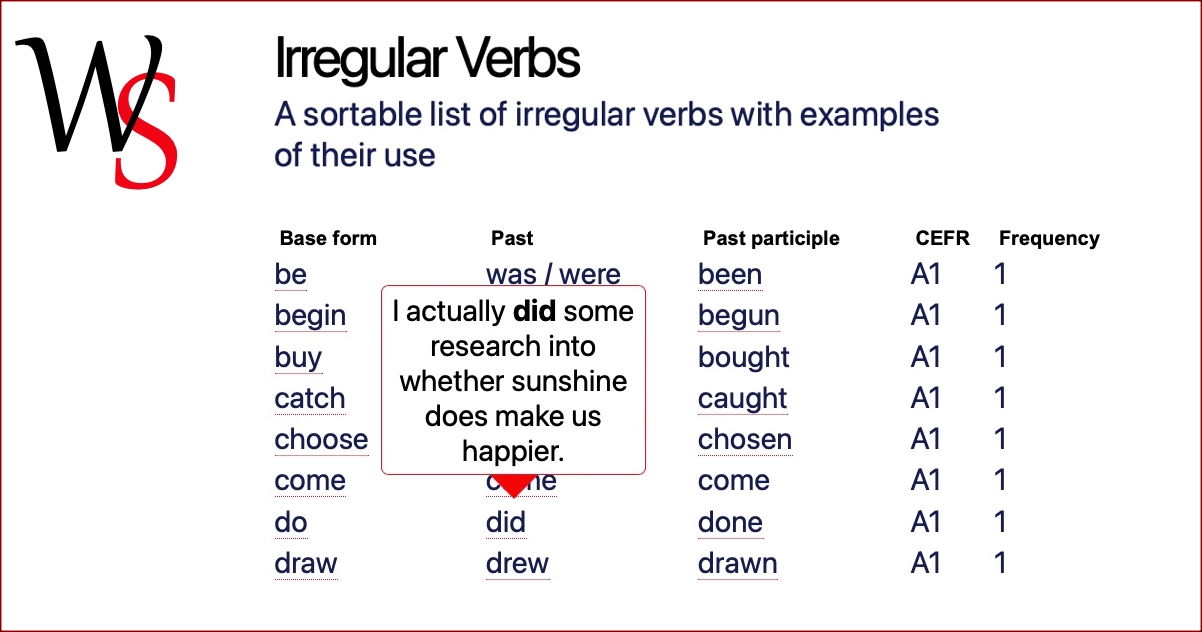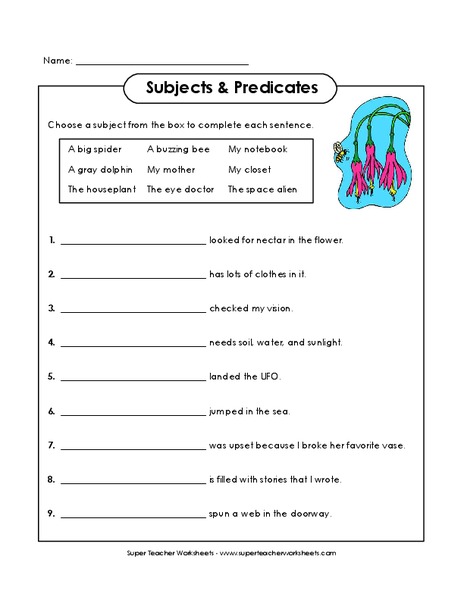5 Ways to Master Abstract Nouns
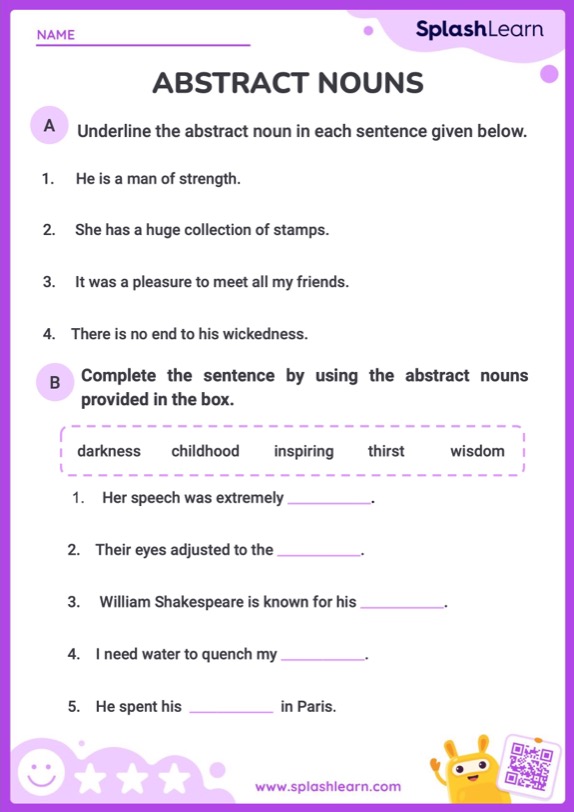
Understanding Abstract Nouns
Abstract nouns are a type of noun that cannot be touched, seen, or measured. They are often intangible and exist only in the mind or in concept. Examples of abstract nouns include emotions, ideas, and concepts. Mastering abstract nouns can be challenging, but with practice and the right strategies, you can improve your understanding and usage of these complex nouns.
1. Learn to Identify Abstract Nouns
The first step to mastering abstract nouns is to learn how to identify them. Here are some common types of abstract nouns:
- Emotions (e.g., happiness, sadness, love)
- Ideas (e.g., freedom, justice, equality)
- Concepts (e.g., time, space, gravity)
- Qualities (e.g., beauty, kindness, honesty)
- Events (e.g., birthday, graduation, wedding)
📝 Note: Abstract nouns can be confusing, but a good way to identify them is to ask yourself if the noun can be touched or seen. If the answer is no, it's likely an abstract noun.
2. Use Abstract Nouns in Context
Using abstract nouns in context can help you understand their meanings and usage. Try creating your own sentences or paragraphs using abstract nouns. For example:
- “The feeling of happiness filled the room when the couple announced their engagement.”
- “The concept of time is relative and can be measured in different ways.”
- “The quality of kindness is essential for building strong relationships.”
3. Practice with Real-Life Examples
Practicing with real-life examples can help you master abstract nouns. Here are a few exercises you can try:
- Write a journal entry about a time when you felt a strong emotion (e.g., happiness, sadness, fear).
- Describe a concept or idea that you find interesting (e.g., artificial intelligence, climate change, social justice).
- Write a short story about a character who embodies a particular quality (e.g., kindness, honesty, courage).
4. Learn to Distinguish Between Abstract and Concrete Nouns
It’s essential to learn to distinguish between abstract and concrete nouns. Concrete nouns are tangible and can be seen or touched, whereas abstract nouns are intangible and exist only in concept. Here’s an example:
- Concrete noun: “The book on the table is mine.” (The book is a tangible object that can be seen and touched.)
- Abstract noun: “The idea of freedom is essential to human rights.” (The idea of freedom is an intangible concept that exists only in concept.)
📝 Note: A good way to distinguish between abstract and concrete nouns is to ask yourself if the noun can be seen or touched. If the answer is yes, it's likely a concrete noun.
5. Read and Analyze Literary Texts
Reading and analyzing literary texts can help you master abstract nouns. Literary texts often use abstract nouns to convey complex ideas and emotions. Here are a few tips for reading and analyzing literary texts:
- Read the text carefully and identify the abstract nouns used.
- Analyze the context in which the abstract nouns are used.
- Consider the author’s intention and how the abstract nouns contribute to the overall meaning of the text.
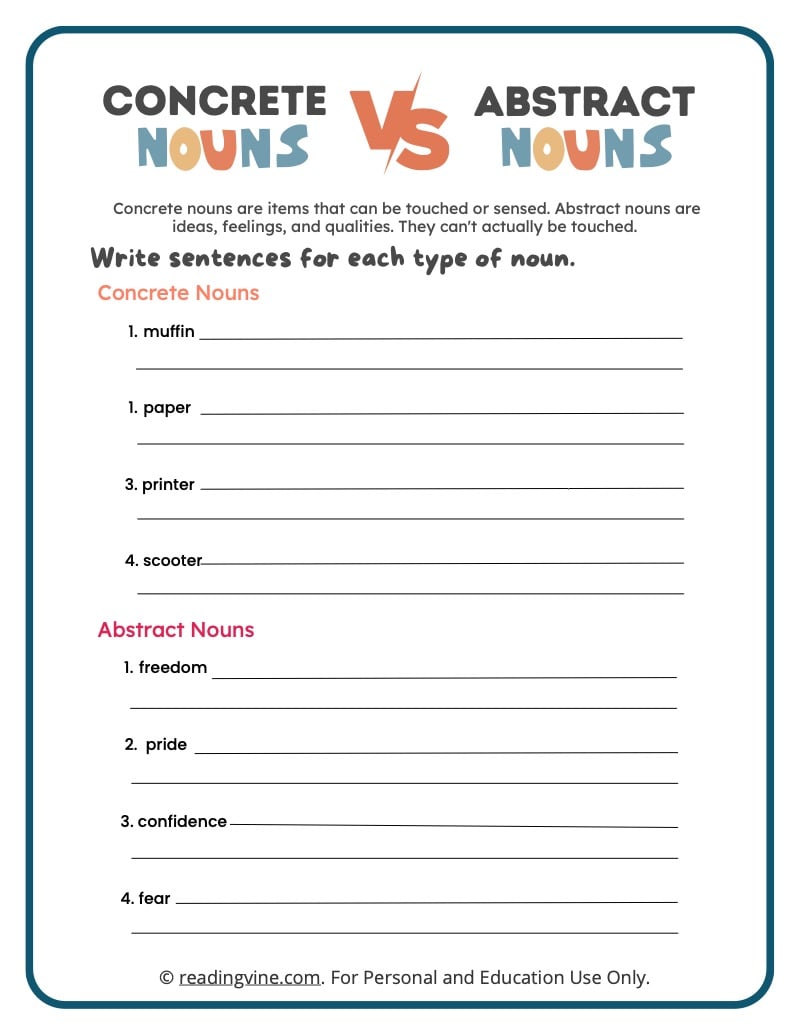
| Abstract Noun | Example Sentence |
|---|---|
| Happiness | "The feeling of happiness filled the room when the couple announced their engagement." |
| Freedom | "The idea of freedom is essential to human rights." |
| Kindness | "The quality of kindness is essential for building strong relationships." |
Mastering abstract nouns takes time and practice, but with the right strategies and exercises, you can improve your understanding and usage of these complex nouns.
In summary, to master abstract nouns, it’s essential to learn to identify them, use them in context, practice with real-life examples, distinguish between abstract and concrete nouns, and read and analyze literary texts. By following these tips and practicing regularly, you can become proficient in using abstract nouns in your writing and speaking.
Related Terms:
- Abstract noun Exercise
- List of abstract nouns
- Emotive words abstract nouns
- Abstract noun examples
